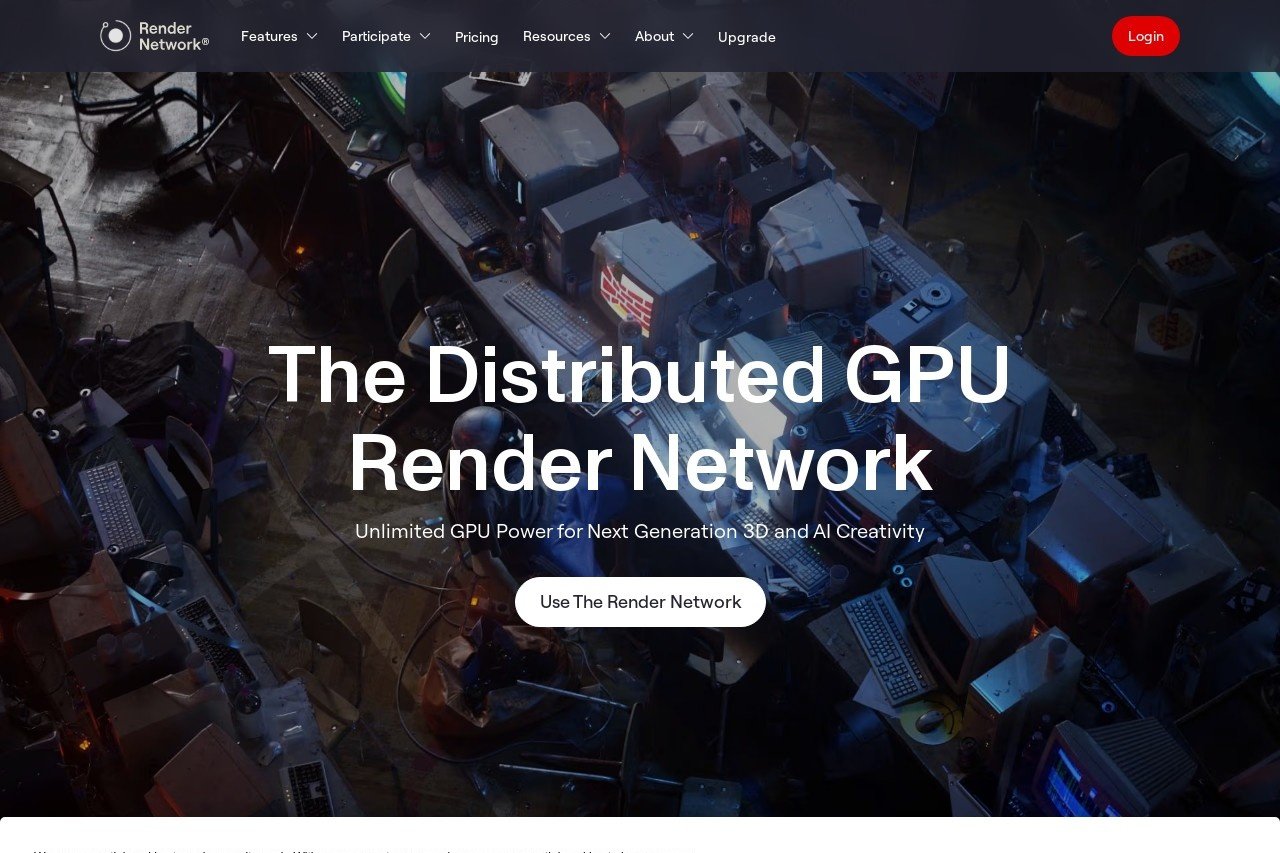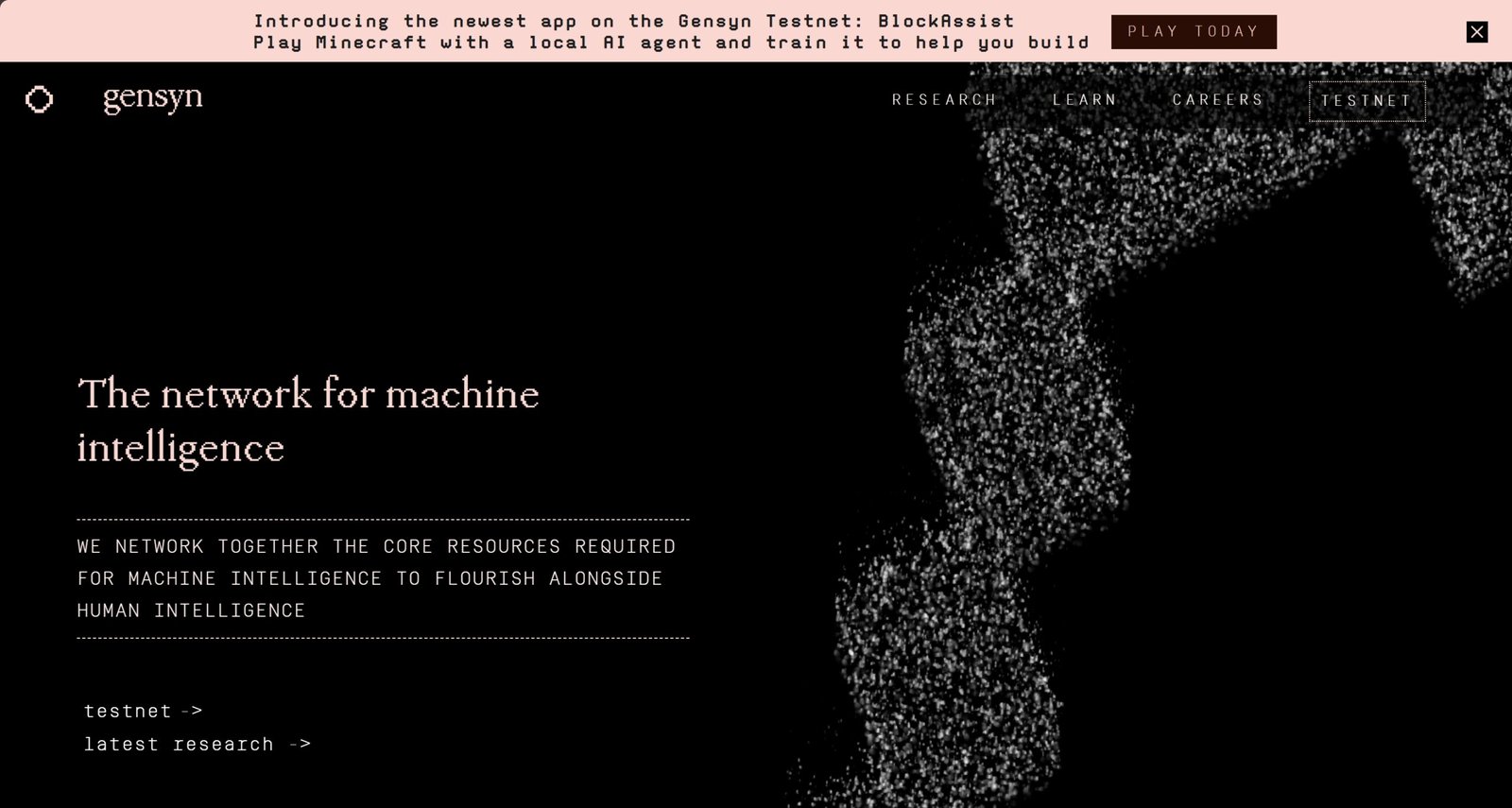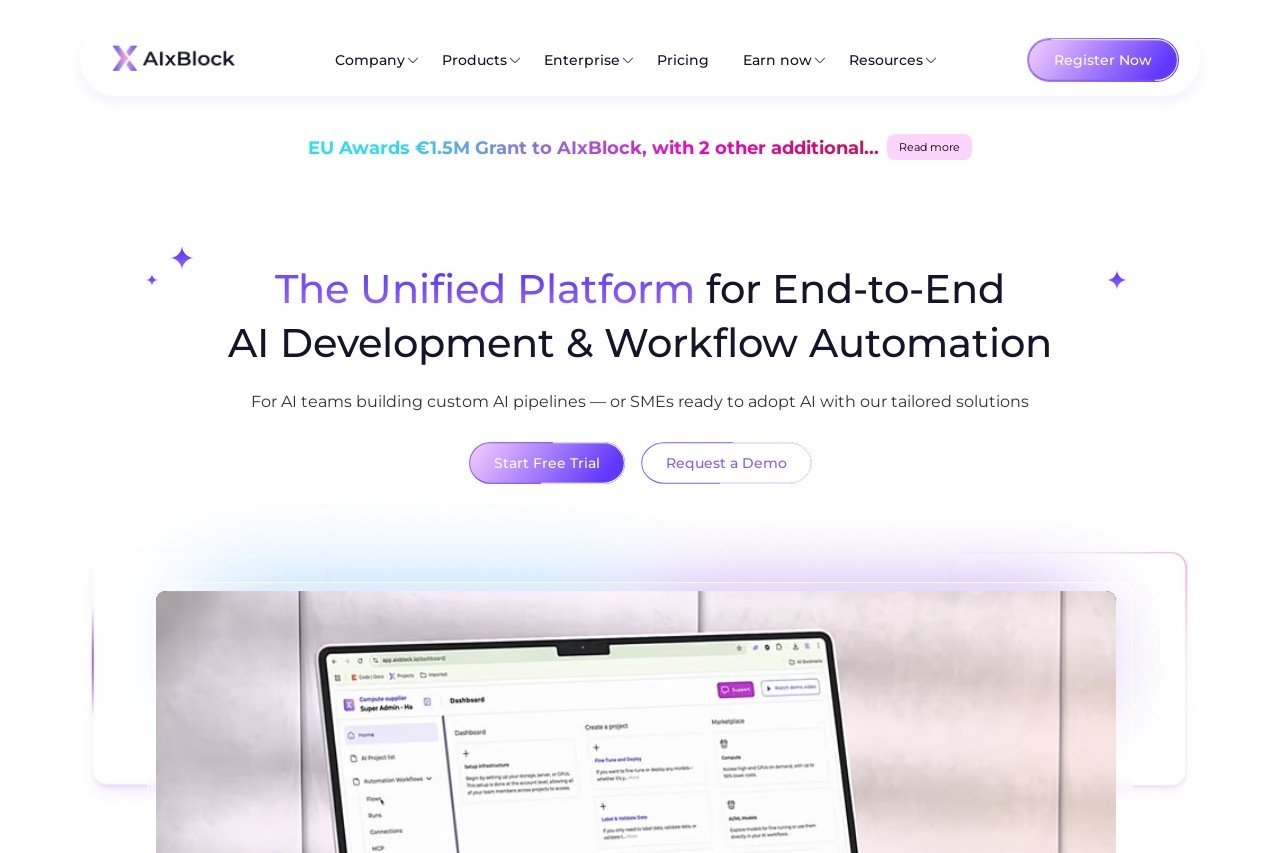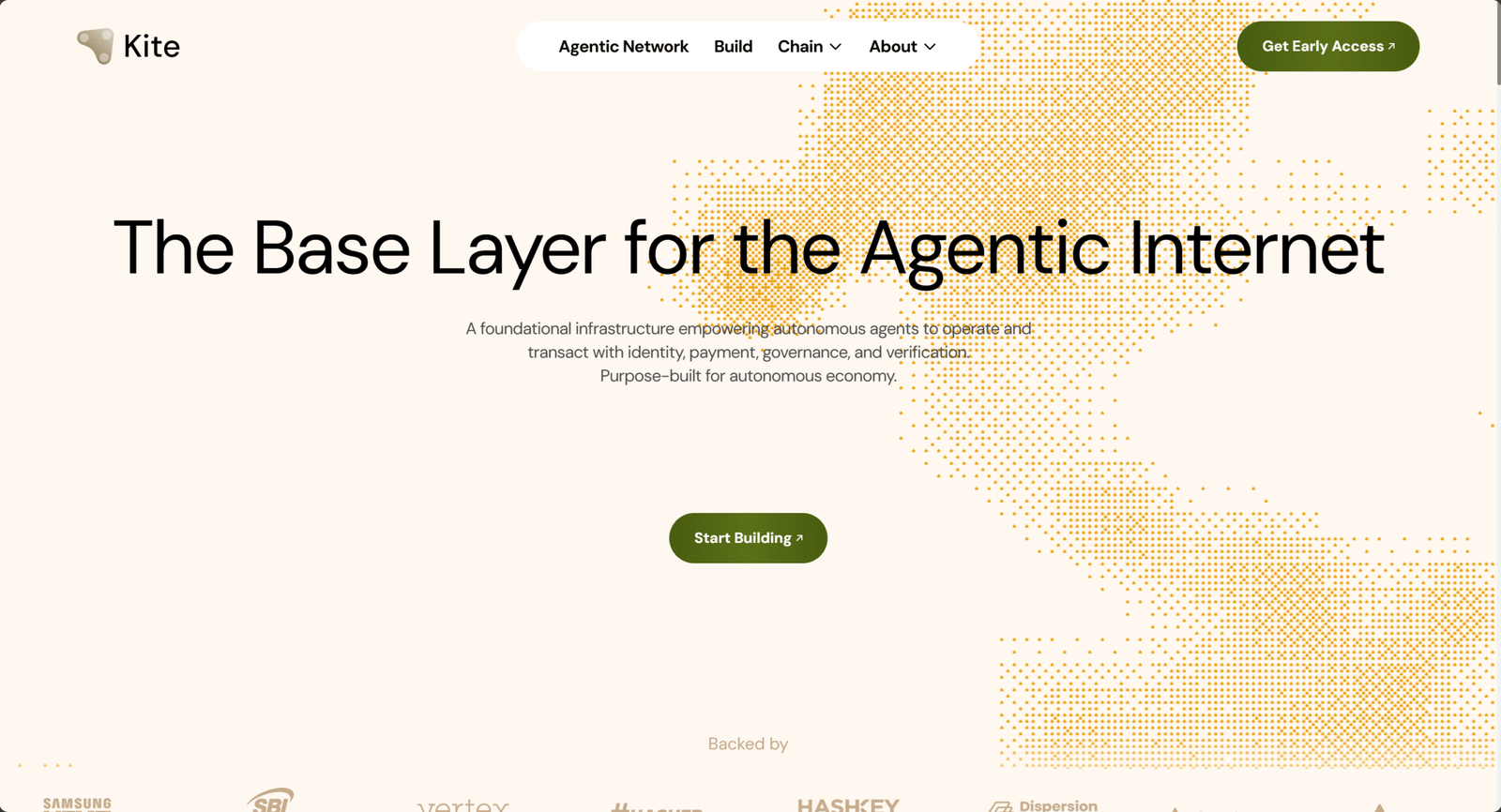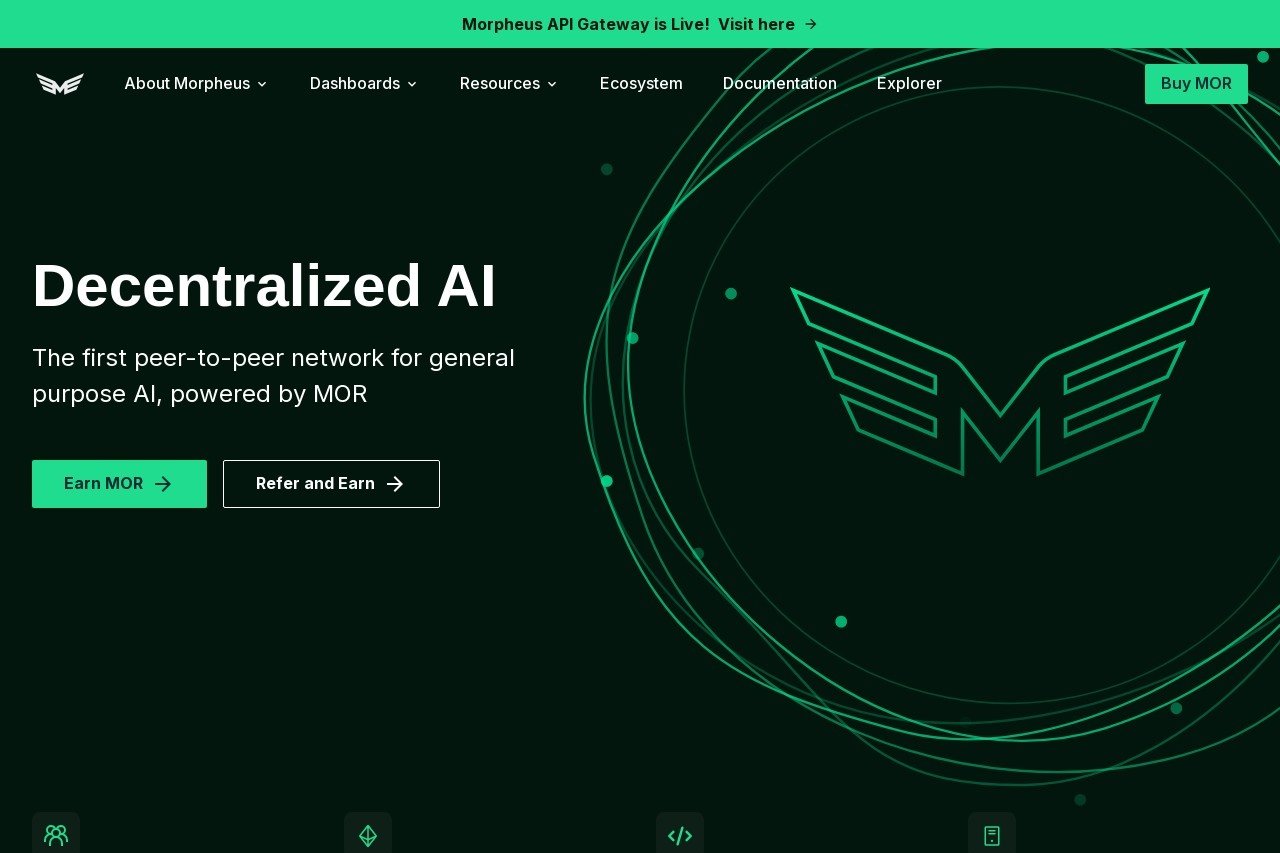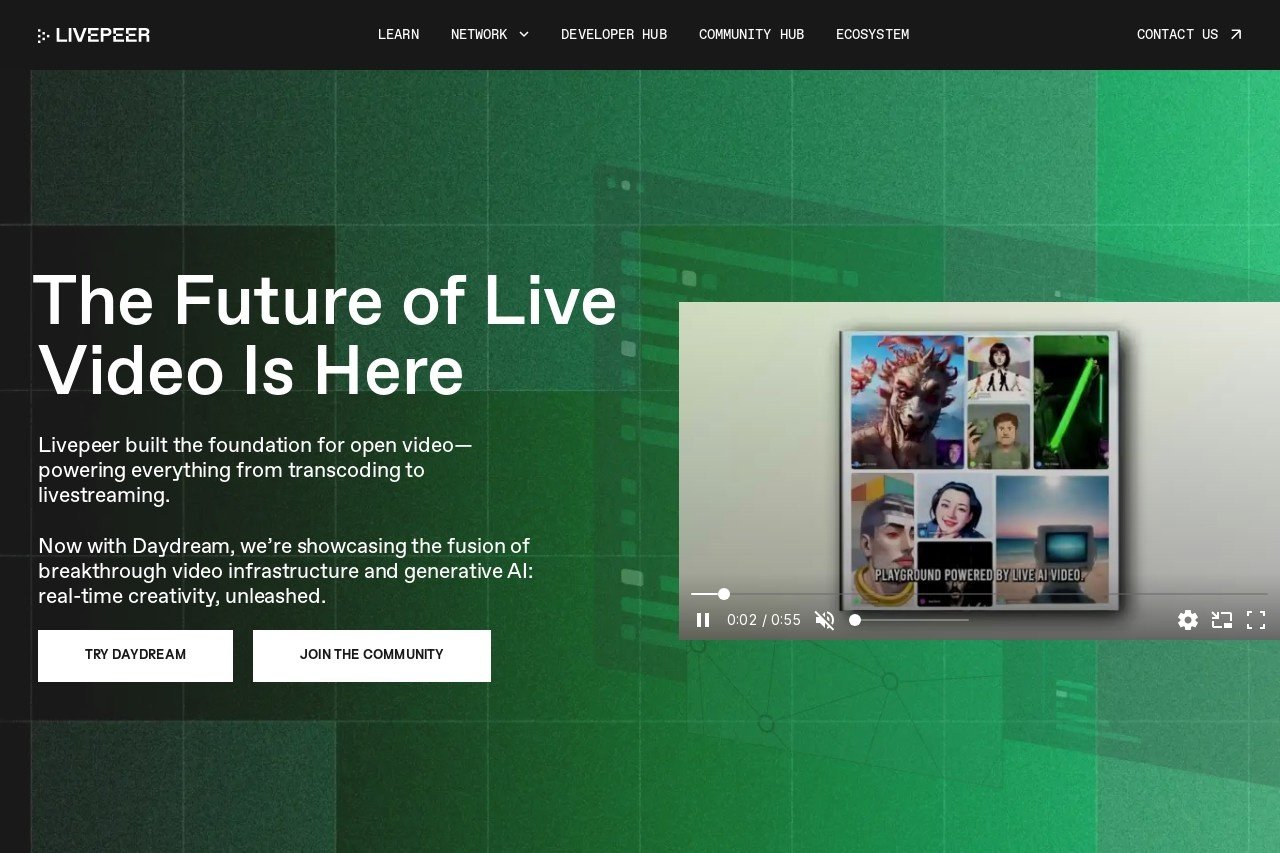
Flux is a decentralized Web3 cloud infrastructure for building and deploying scalable, censorship-resistant applications.
Flux
Introduction to Flux
Flux is a decentralized Web3 cloud infrastructure designed to empower developers and businesses to build and deploy scalable, censorship-resistant applications. By leveraging a globally distributed network of nodes, Flux provides a robust and resilient alternative to traditional centralized cloud services, ensuring greater autonomy and reliability for the next generation of internet applications.
Key Features
- Decentralized Network: Operates on a global network of independent nodes, eliminating single points of failure.
- Scalability: Easily scales to meet the demands of growing applications and user bases.
- Censorship Resistance: Applications deployed on Flux are resistant to censorship and downtime.
- Interoperability: Supports multiple blockchains and integrates seamlessly with existing Web3 technologies.
- Developer-Friendly: Offers familiar tools and APIs, making it easy for developers to transition from Web2 to Web3.
Unique Advantages
Flux stands out by combining the flexibility of traditional cloud services with the security and decentralization of blockchain technology. Its decentralized nature ensures that applications remain online and accessible even in the face of regional outages or censorship attempts. Additionally, Flux's cost-effective model reduces reliance on expensive centralized providers, offering a more economical solution for deploying and running applications.
Who Should Use Flux?
Flux is ideal for developers, startups, and enterprises looking to build decentralized applications (dApps), host resilient web services, or explore the potential of Web3 infrastructure. It is also suited for users prioritizing privacy, security, and freedom from centralized control. Whether you're a blockchain enthusiast or a business seeking reliable cloud solutions, Flux provides the tools and network to support your goals.
Frequently Asked Questions
- How does Flux ensure network reliability? Flux uses a distributed node network, ensuring redundancy and minimizing downtime.
- Is Flux compatible with existing blockchain platforms? Yes, Flux is blockchain-agnostic and supports integration with multiple chains.
- What types of applications can be built on Flux? From dApps and DeFi platforms to content hosting and IoT solutions, Flux supports a wide range of use cases.
- How does Flux compare to traditional cloud services? Flux offers enhanced censorship resistance, decentralization, and often lower costs compared to centralized providers.

